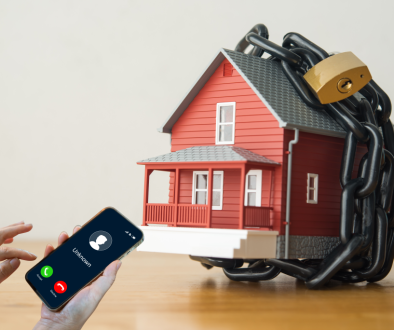We know, we know. The word “budget” doesn’t evoke excitement for most of us. On the contrary, it can feel like complete drudgery to even think about streamlining our finances. Still, without putting together a personal financial plan, most people won’t be able to manage their money efficiently. But it’s much more than that! Beyond just logistic survival, money is a means to supporting the lives we choose. Intentional budgeting can help you get clear about what you really want and put you on a track to live your best life.
As with all things, budgeting is all about perspective. If you begin the process by formalizing your goals and dreams, it can be a much more exciting endeavor. It can also help you stick to your budget over time. When it comes to saving money, having a “why” on the forefront of your plan helps make sense of the importance of having a financial plan.
When you begin outlining your budget, take some time to do some real soul searching and consider what you want your life to look like in five, ten, and twenty years. Consider the kind of lifestyle you and your family want. What kind of vacations would you love to take? What charitable causes would you want to contribute to? At what age do you want to retire? Consider what it would take financially to support that.
Defining your vision for the future is the key to staying motivated to create and stick to the budget that will help you get there. In this way, your budget is simply a process of reverse engineering your dreams, which is a far more thrilling way to look at it.
Once you have your “why” in place, you can get to work on figuring out how to save for it all. No matter how difficult you feel your current financial situation is now, it can be very liberating to accept responsibility for it and know that sticking to a solid plan will, in time, get you on track towards your dreams. It’s a good time to remember that the fastest way to saving is to stop spending needlessly.
It’s a no brainer that you can’t spend more than you earn without getting into financial trouble. If you are racking up debt, put the credit cards away. Consider your vision and compare your desire to achieve those dreams versus your desire to spend now. Often, we overspend to “keep up” with others. Comparison in this way can really kill the mindset needed to save. Having that vision for the future on the forefront of your mind can help offset the desire to spend.
From there, budgeting isn’t that difficult. Figure out how much you earn first, then categorize your spending beginning with the essentials. The latter can be a very clarifying process. Consider what necessity really is and think about that through the lens of your desire to reach your goals. This is a great way to flush out what is truly essential to you. Housing (rent or mortgage), for example, may be a true necessity, but you may find that paying to own and maintain a vehicle isn’t. Perhaps your motivation to execute your vision for the future exceeds your desire to own a car. Then maybe you reduce your cost in that category by buying a bus pass instead. This line of thinking is essential in figuring out far you are willing to go to reducing expenses.
As you go through each spending category, apply the tactic of considering your goals. You’ll find that, even though many categories are “essential”, there are large disparities between what we want and what we need. Be reasonable but firm in the spending limits for each category. Remember, you can always adjust up (or set out to earn more). Over time, you should be able to reduce your spending in each category by refining the process of what you can do without. This, along with remaining smart about optimizing savings (from coupons to refinancing) are surefire ways to succeed.
When you consider the future you want, you simply must consider what present actions will get you there. Caring for your finances through budgeting is just a challenge to live your best life. So, dream big and start getting serious about saving now!




